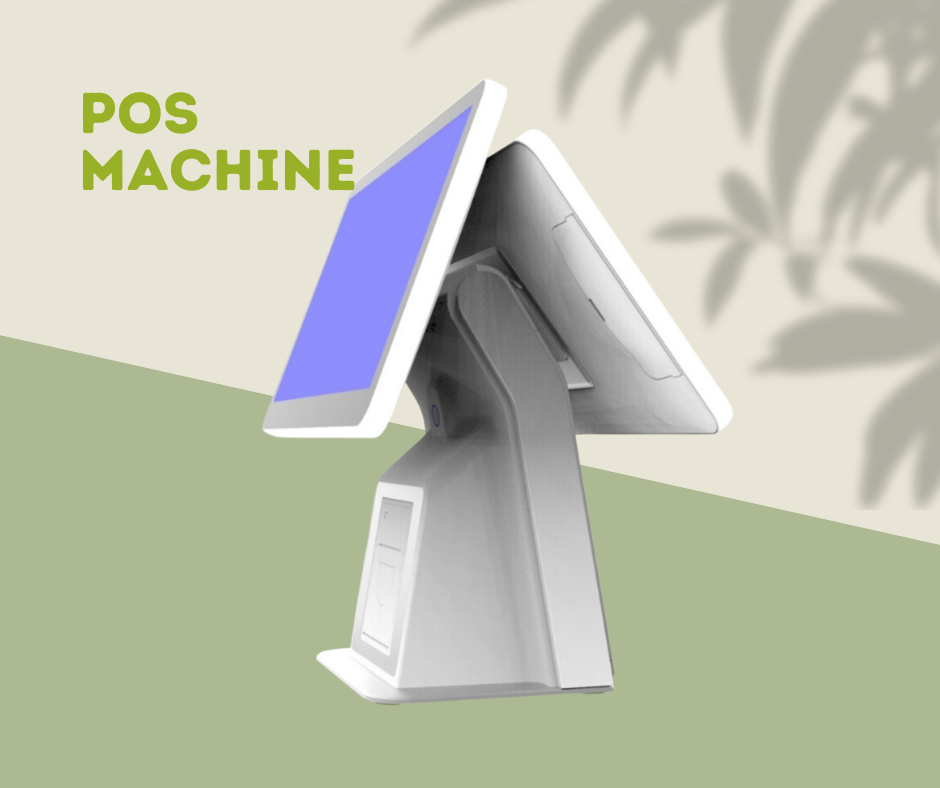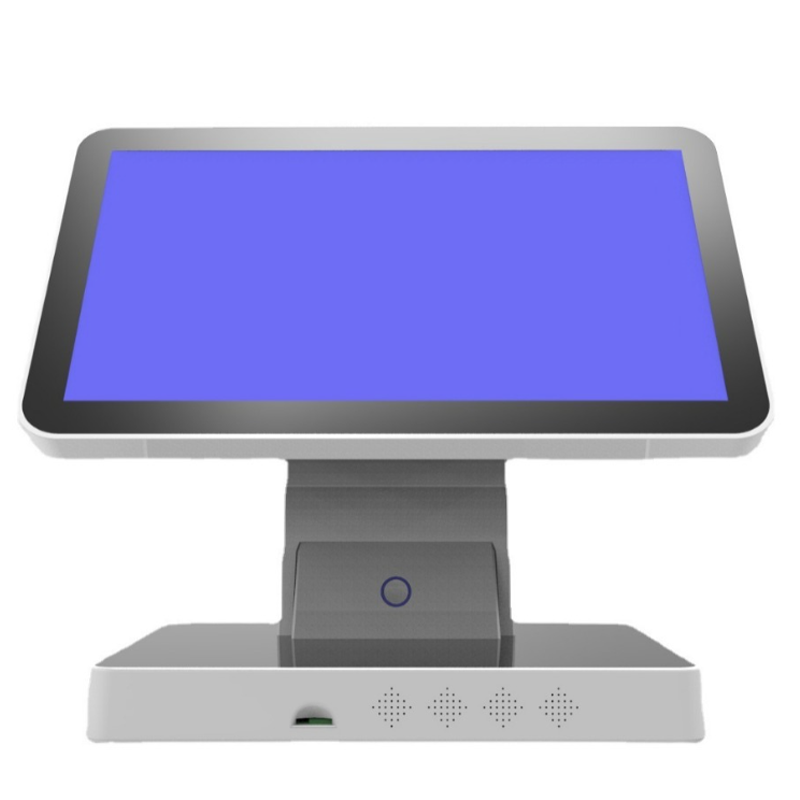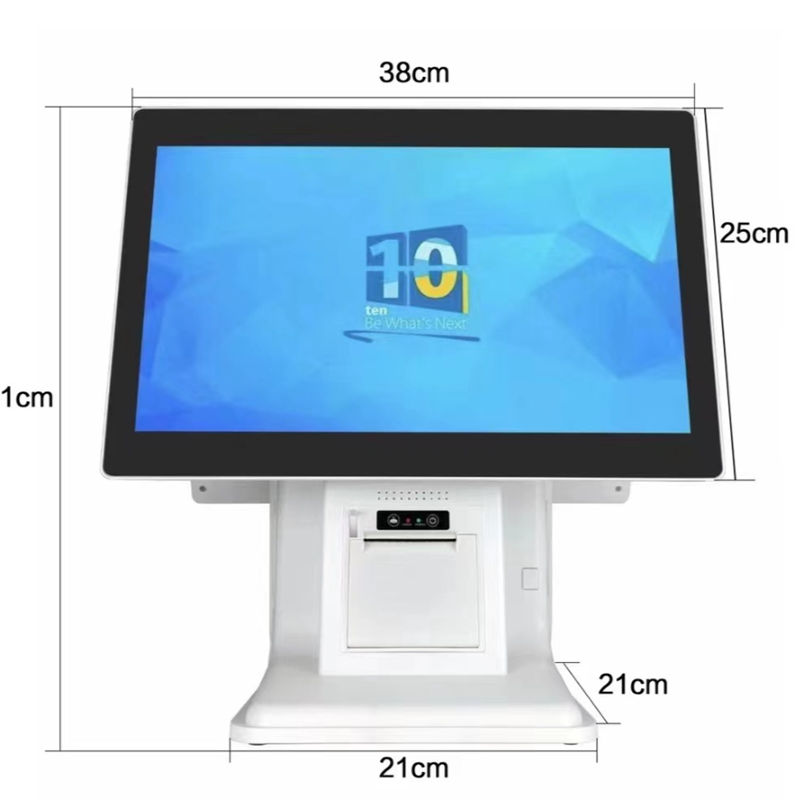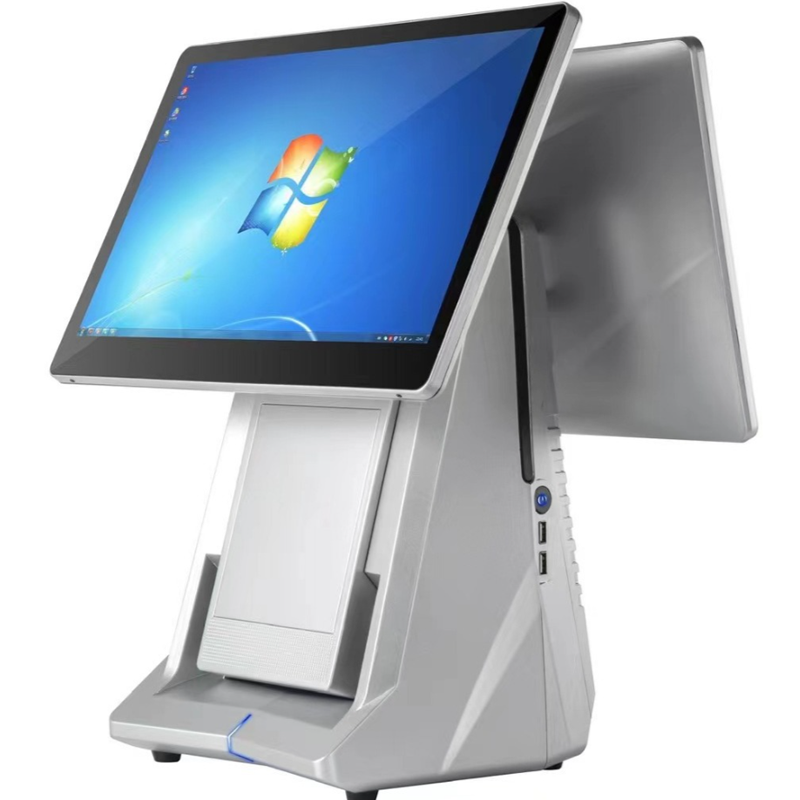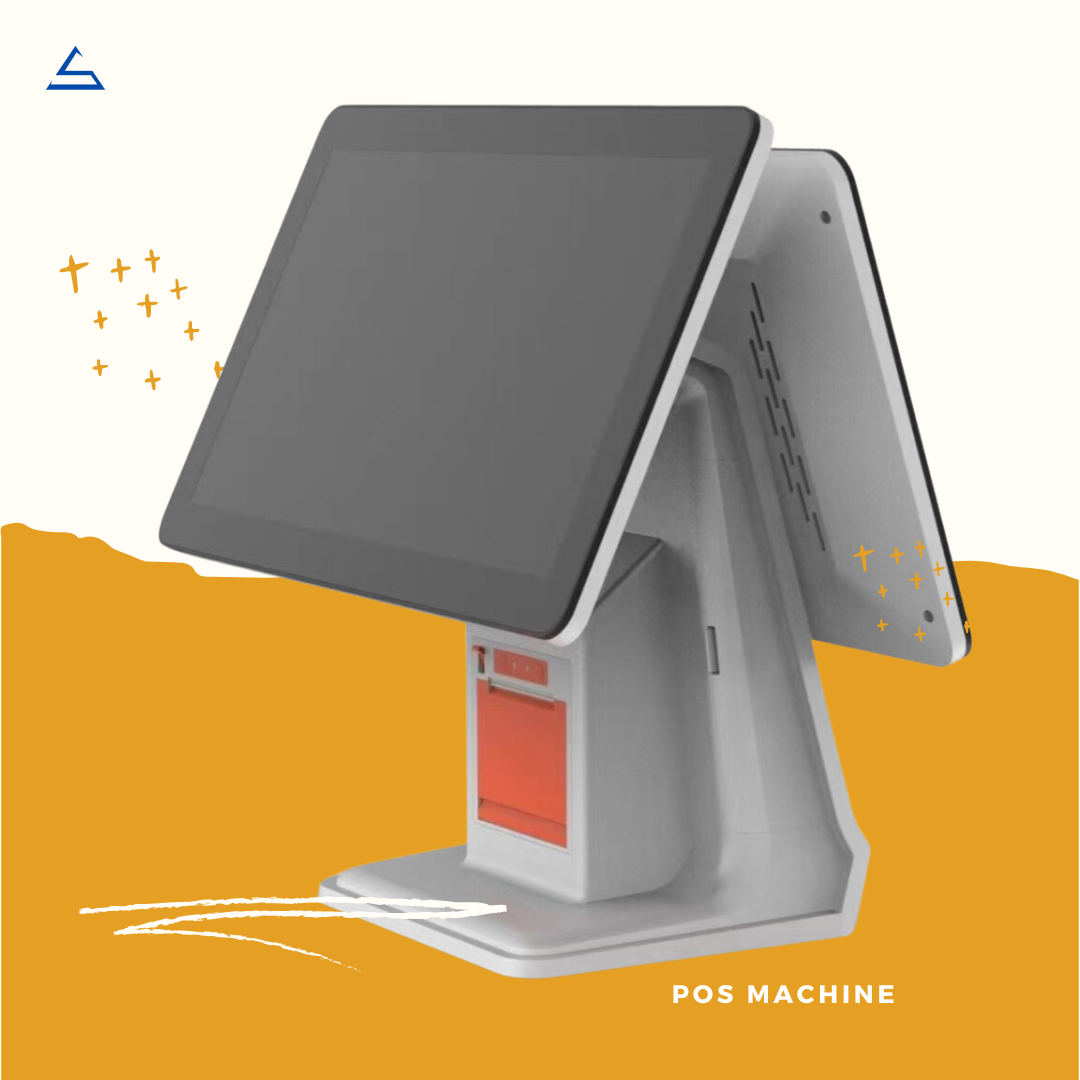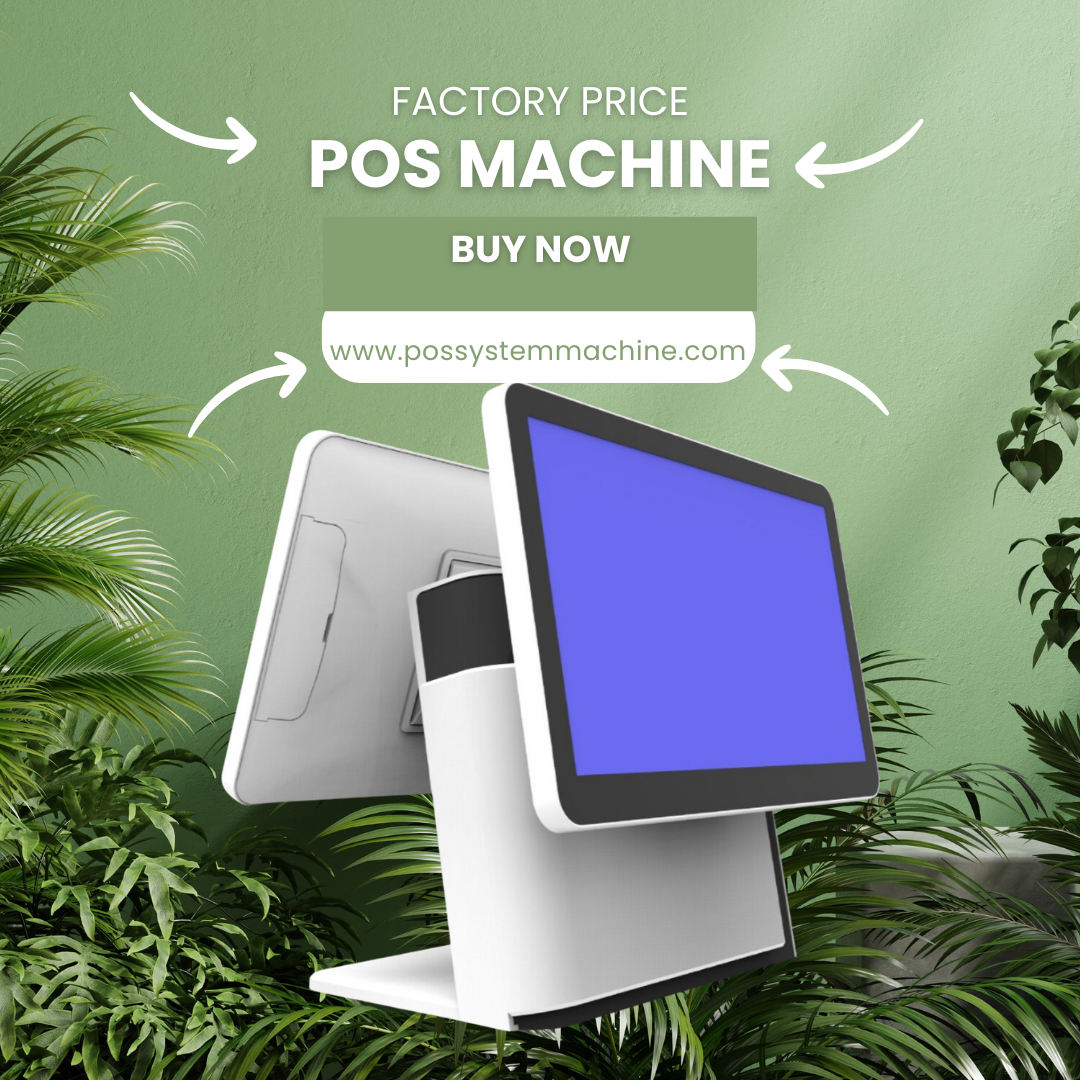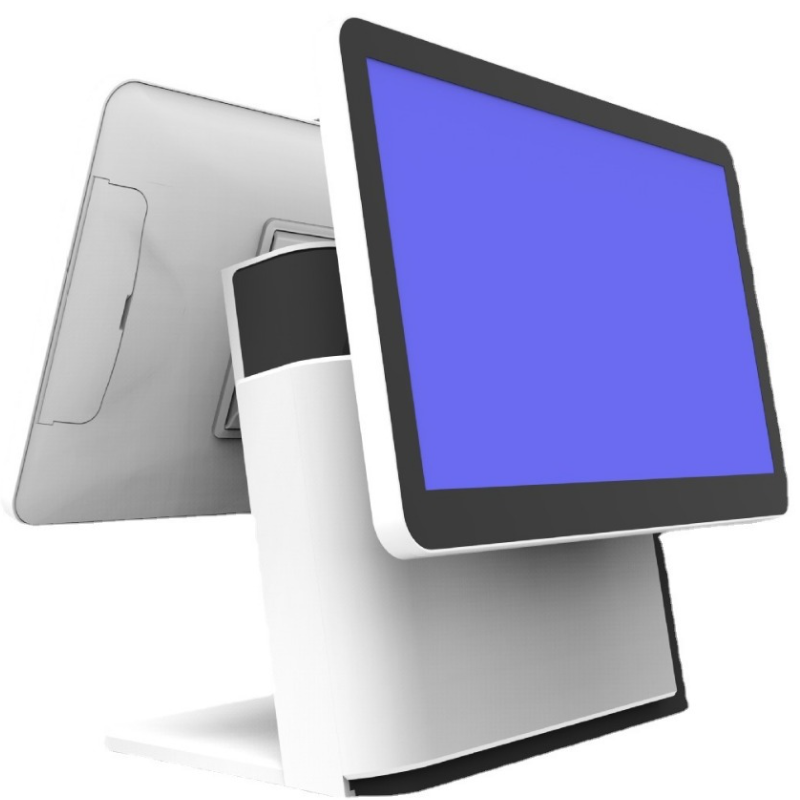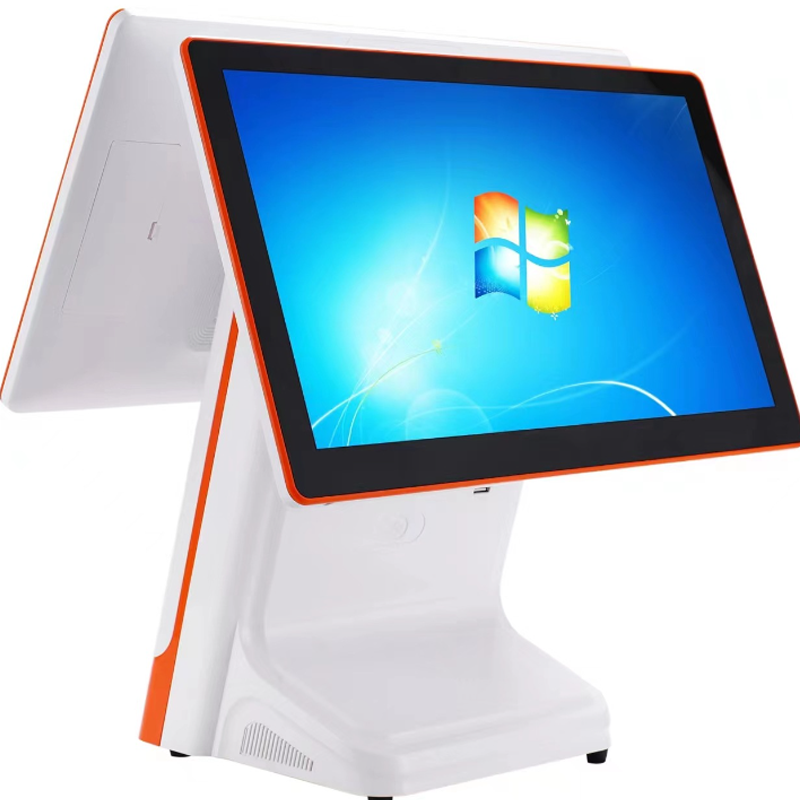What Are POS Systems?
Tabla de conținut
Rezumat
Point of sale (POS) systems are the beating heart of modern retail and hospitality businesses. These powerful tools have revolutionized how transactions are processed, inventory is managed, and customer data is collected. In this comprehensive guide, we’ll explore the ins and outs of POS systems, their benefits, and how to choose the right one for your business. Whether you’re a small boutique owner or managing a large restaurant chain, understanding POS technology is crucial for staying competitive in today’s fast-paced market.
Ce este mai exact un sistem POS?
A point of sale (POS) system is the central hub where retail transactions are completed. It’s the modern equivalent of a cash register, but with significantly more capabilities. POS systems typically include both hardware and software components that work together to process sales, track inventory, and gather valuable customer data.The term “POS” can refer to the physical location where a transaction occurs, as well as the software and hardware used to facilitate that transaction. In essence, it’s where your customer makes a payment for products or services at your store.
Cum funcționează un sistem POS?
POS systems operate by integrating various components to create a seamless transaction process. Here’s a basic overview of how a typical POS system functions:
- Item selection: The cashier scans barcodes or manually enters product information.
- Calcularea prețului: Sistemul calculează totalul, inclusiv taxele și reducerile.
- Payment processing: The customer pays using cash, credit card, or mobile payment methods.
- Receipt generation: A receipt is printed or emailed to the customer.
- Inventory update: The system automatically adjusts inventory levels.
- Data recording: Transaction details are stored for reporting and analysis.
This process happens in seconds, providing a smooth experience for both the customer and the business owner.
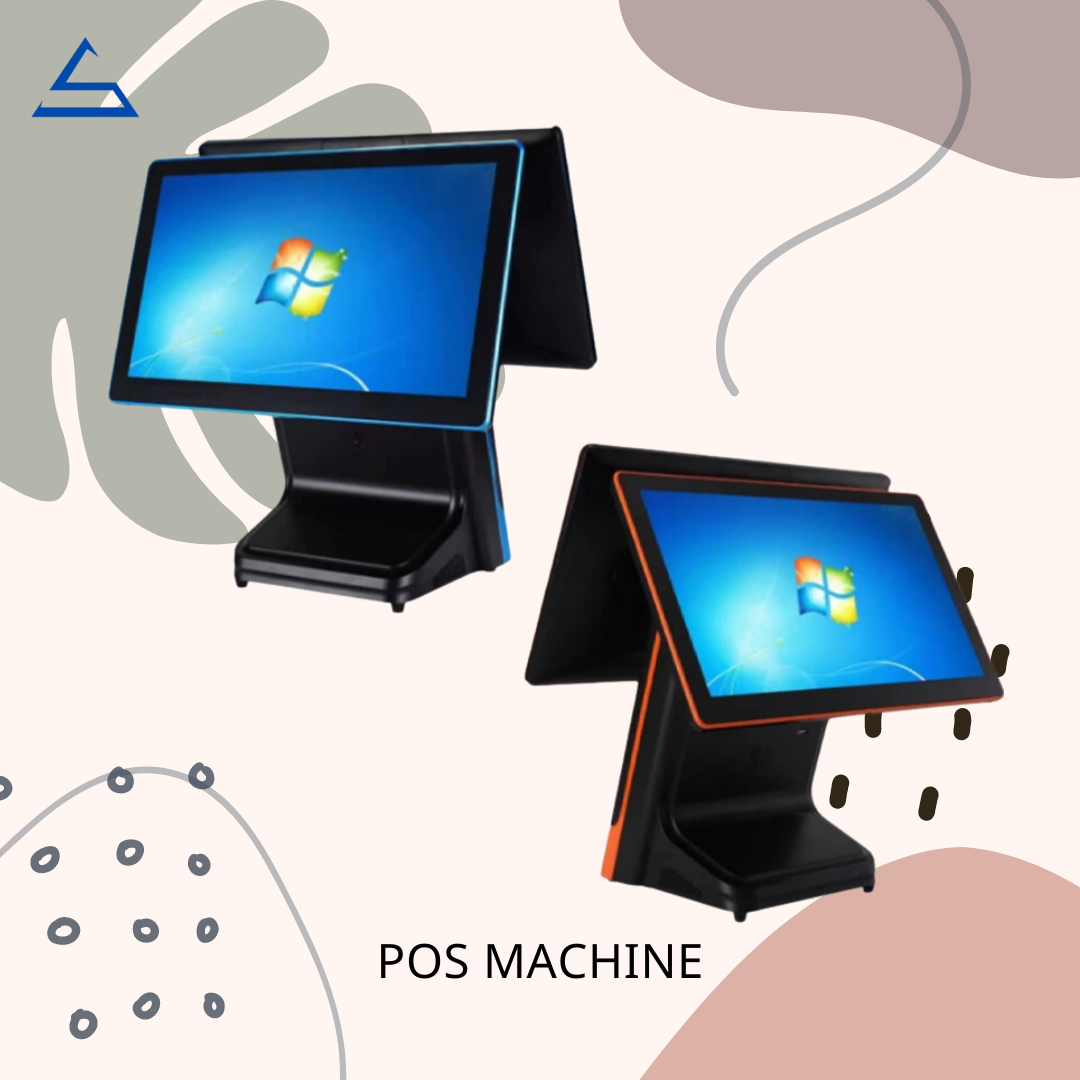
Care sunt componentele cheie ale unui sistem POS?
A comprehensive POS system consists of several essential components:
- Hardware:
- Sertar de numerar
- Imprimantă pentru chitanțe
- Cititor de coduri de bare
- Credit card reader
- Touchscreen monitor or tablet
- Software:
- Transaction processing
- Gestionarea inventarului
- Gestionarea relațiilor cu clienții (CRM)
- Raportare și analiză
- Payment processing:
- Integration with various payment methods
- Secure transaction handling
- Backend management:
- Cloud-based data storage
- Remote access capabilities
Each of these components plays a crucial role in creating a fully functional POS system that can handle the complexities of modern business operations.
Care sunt diferitele tipuri de sisteme POS?
POS systems come in various forms, each tailored to specific business needs:
- Retail POS systems
- Restaurant POS systems
- Mobile POS systems
- Sisteme POS bazate pe cloud
- Sisteme POS multicanal
The type of POS system you choose will depend on your business model, industry, and specific requirements.
Care sunt beneficiile utilizării unui sistem POS?
Implementarea unui POS system can bring numerous advantages to your business:
- Improved efficiency: Streamline checkout processes and reduce human error.
- Enhanced inventory management: Real-time tracking and automated reordering.
- Better customer insights: Collect and analyze customer data for personalized marketing.
- Increased security: Reduce theft and fraud with advanced security features.
- Simplified reporting: Generate detailed sales reports and financial analytics.
- Scalabilitate: Adăugați cu ușurință noi caracteristici sau locații pe măsură ce afacerea dvs. crește.
These benefits can lead to increased profitability and improved customer satisfaction.
Cum să alegeți sistemul POS potrivit pentru afacerea dumneavoastră?
Selecting the best POS system for your business requires careful consideration of several factors:
- Business type and size
- Budget constraints
- Required features and integrations
- Ease of use and training requirements
- Scalability and future growth potential
- Customer support and reliability
It’s essential to research and compare different options before making a decision. Consider reading reviews, requesting demos, and consulting with industry peers to find the best fit for your needs.
Care sunt cele mai recente tendințe în tehnologia POS?
The POS industry is constantly evolving. Here are some of the latest trends to watch:
- Mobile POS solutions
- Contactless payment options
- AI-powered analytics and forecasting
- Integrarea cu platformele de comerț electronic
- Bazat pe cloud POS systems
- Omnichannel retail support
Informarea cu privire la aceste tendințe vă poate ajuta să luați decizii de viitor pentru afacerea dumneavoastră.
Cum poate un sistem POS să îmbunătățească experiența clienților?
Un sistem POS bine implementat poate îmbunătăți semnificativ experiența clienților în mai multe moduri:
- Timpi de checkout mai rapizi
- Personalized offers and recommendations
- Flexible payment options
- Accurate inventory information
- Seamless loyalty program integration
- Efficient handling of returns and exchanges
By improving these aspects of the customer journey, businesses can increase satisfaction and encourage repeat visits.
What Security Measures Should a Good POS System Have?
Security is paramount when it comes to POS systems. Here are some essential security features to look for:
- Criptare de la un capăt la altul
- Conformitatea PCI DSS
- Controlul accesului utilizatorilor
- Regular software updates
- Algoritmi de detectare a fraudelor
- Secure cloud backup
Implementing these security measures can protect both your business and your customers from potential threats.
How Can POS Systems Integrate with Other Business Tools?
Modern POS systems are designed to work seamlessly with other business tools, including:
- Software de contabilitate
- Customer relationship management (CRM) systems
- Platforme de comerț electronic
- Employee management tools
- Marketing automation software
These integrations can help create a more cohesive and efficient business ecosystem, allowing for better data flow and decision-making.
What Are the Potential Challenges of Implementing a POS System?
În timp ce POS systems offer many benefits, there are also potential challenges to consider:
- Initial cost and ongoing fees
- Staff training and adaptation
- Technical issues and downtime
- Data migration from old systems
- Keeping up with software updates
Being aware of these challenges can help you prepare and mitigate potential issues during implementation.In conclusion, POS systems are an essential tool for modern businesses, offering a wide range of benefits from improved efficiency to enhanced customer experiences. By understanding the key components, types, and features of POS systems, you can make an informed decision about which solution is best for your business. As technology continues to evolve, staying up-to-date with the latest POS trends and integrations will be crucial for maintaining a competitive edge in the market.
Etichete
Produs
Blog
Contactați-ne
Produse conexe
Întrebări frecvente despre fabricarea cutiilor din lemn

